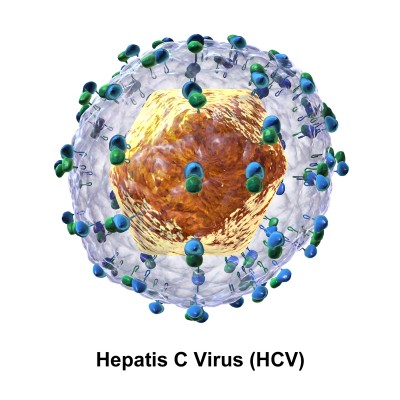Hepatitis C: What You Need to Know
Hepatitis C is a serious liver infection caused by the Hepatitis C virus (HCV). It often starts as a silent disease, showing little to no symptoms for years, sometimes even decades. But make no mistake—if left untreated, it can lead to severe liver damage, cirrhosis, and even liver cancer.
How Does HCV Spread?
The hcv virus spreads through blood-to-blood contact. The most common ways include:
- Sharing Needles – This is one of the primary ways HCV spreads, especially among people who inject drugs.
- Unsterile Medical Equipment – In some countries, inadequate sterilization of medical tools can lead to infections.
- Blood Transfusions (Before the 1990s) – Before reliable screening, HCV was commonly transmitted through blood transfusions.
- Tattooing or Piercing with Unclean Equipment – If done with non-sterile tools, the virus can spread.
- Mother-to-Baby Transmission – While not as common, an infected mother can pass HCV to her child during childbirth.
Symptoms of Hepatitis C
Many people with hcv don’t experience symptoms until the liver is significantly affected. But when symptoms do appear, they may include:
- Fatigue
- Jaundice (yellowing of skin and eyes)
- Dark urine
- Nausea or loss of appetite
- Abdominal pain
- Joint pain
Chronic vs. Acute Hepatitis C
HCV can be either acute (short-term) or chronic (long-term). While some people clear the virus naturally within a few months, about 75-85% develop chronic HCV, which requires medical treatment to prevent serious liver damage.
Is There a Cure for Hepatitis C?
Yes! The good news is that Hepatitis C is curable with modern antiviral medications. These drugs, known as direct-acting antivirals (DAAs), have a success rate of over 95% and usually involve an 8–12-week treatment course.
Preventing Hepatitis C
There’s no vaccine for hcv, but you can reduce your risk by:
- Avoiding needle sharing
- Ensuring medical and tattoo equipment is sterilized
- Practicing safe sex (especially if you have multiple partners)
- Being cautious with blood exposure
Get Tested, Get Treated
If you think you may have been exposed to HCV, get tested. A simple blood test can detect the virus, and early treatment can prevent severe liver complications. With medical advancements, it doesn’t have to be a life sentence.
Explore more about your health. Click Here

